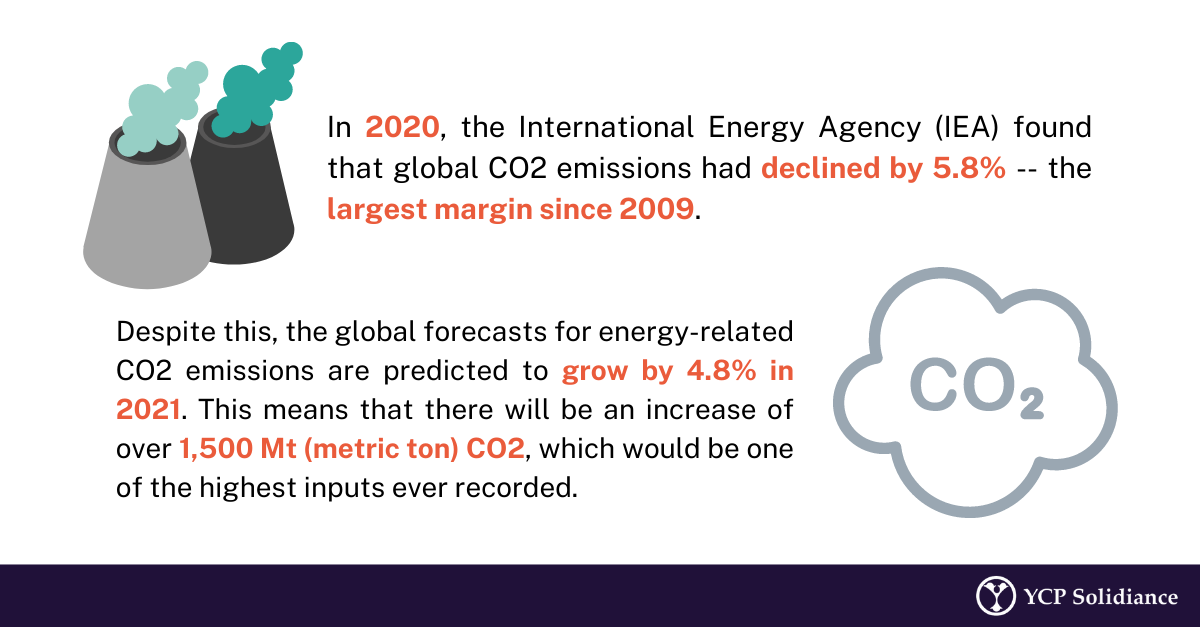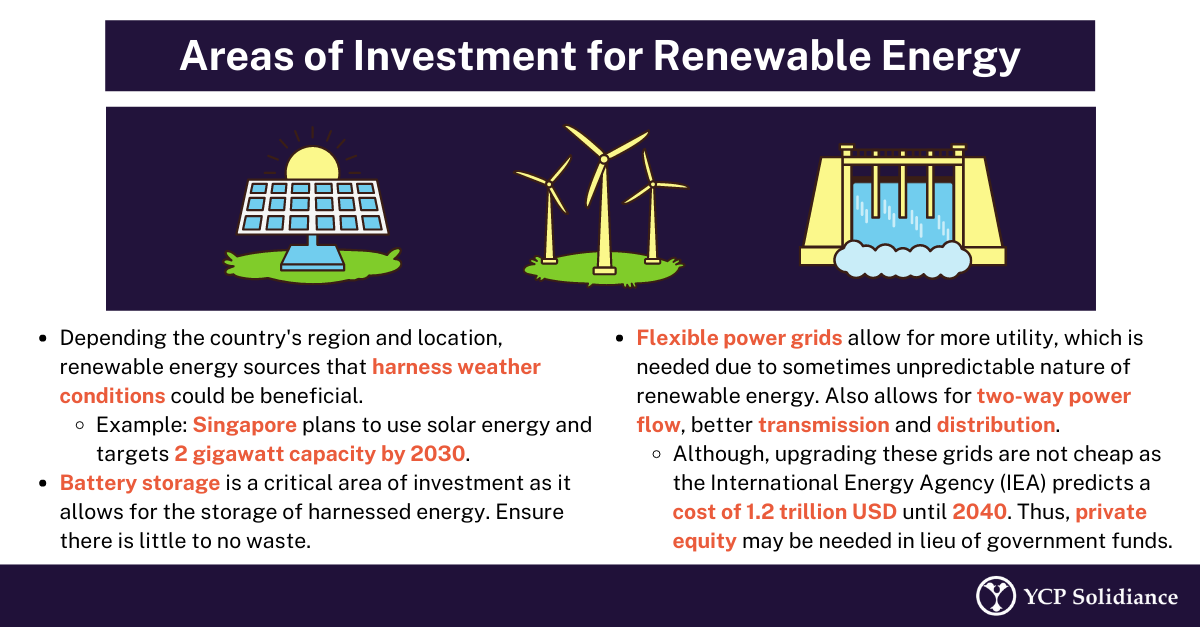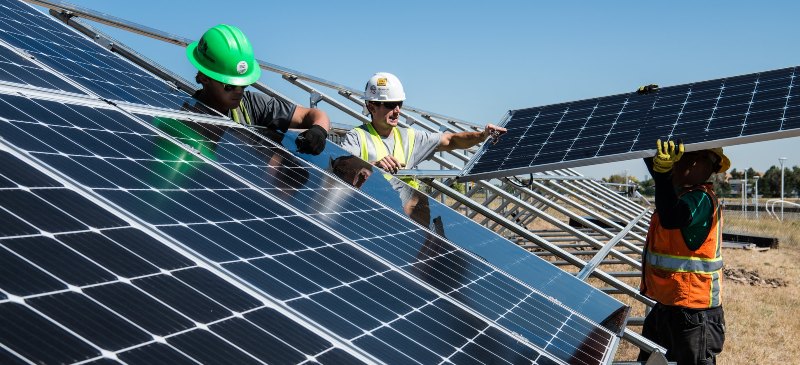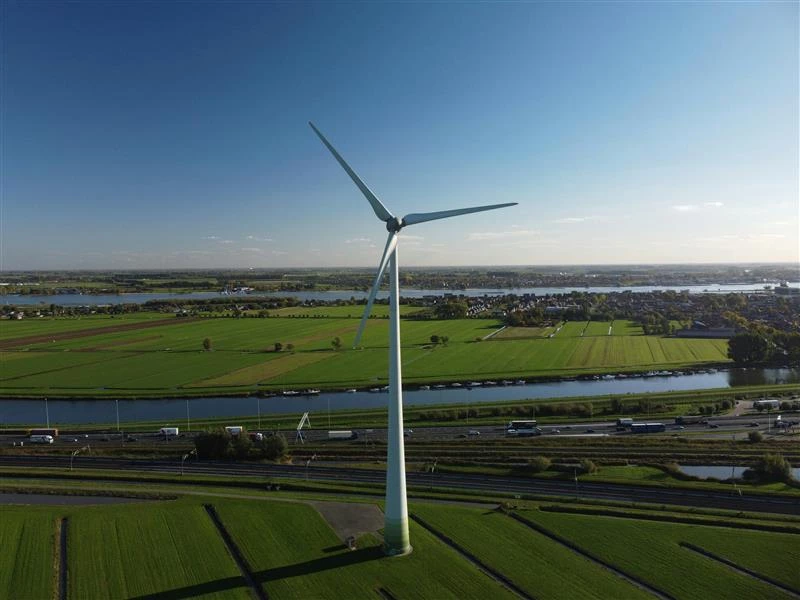Recent reports suggest that China is willing to pay high amounts in order to curb its current coal shortage. This potentially indicates that other countries will face tough competition when sourcing fossil fuels, especially considering China’s role as the world’s top coal consumer.
Circumstances like this reveal and further reinforce the need for cleaner, more renewable energy sources. Doing so may suppress any future conflict over resources and procurement, but more importantly, a move toward renewable energy may present several long-term benefits.
Rising CO2 Emissions and Further Advocacy
According to a report by the International Energy Agency (IEA), over 80% of activity in Asia currently relies on coal-fired projects. Furthermore, the same report states that in Southeast Asia alone, an average of 43% within the region rely on coal to generate electricity. These figures reflect that fossil fuel consumption is the established and profitable norm in Asia, but private companies and renowned organizations are nevertheless spearheading the call for renewable energy sources.

Beyond this, tech companies will also be essential for the renewable energy market in Asia. For example, Hong-Kong based tech company Allinfra developed a product called Allinfra Climate, which is a digital tool that allows users to collect data and statistics relevant to climate change. By doing so, Allinfra provides actionable data that its users can build digital solutions around. This is significant as statistics and empirical data collected may further prove the growing need for renewable energy in Asia.

For more updates and insight into renewable energy in Asia, subscribe to our newsletter here.





